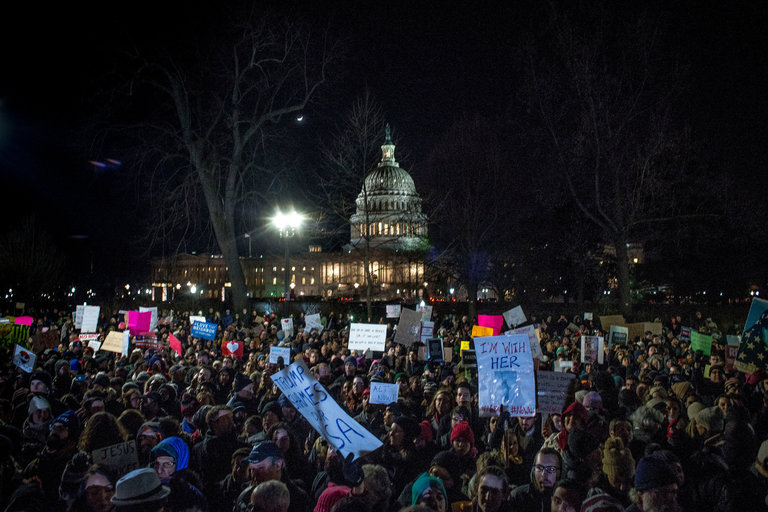Belt and Road: A ‘China solution’ or a path to nowhere? – China politics and current affairs news from May 4, 2017
A summary of today’s top news in Chinese politics and current affairs. Part of the daily The China Project news roundup "Chinese cosmocrats — from mission control to the governor’s office."

As Beijing prepares to host 28 world leaders on May 14-15 for a summit on China’s ambitious “One Belt, One Road” (OBOR) global infrastructure initiative, a wide array of commentators and financial institutions are sizing up the plan.
Bloomberg reports that the bank Credit Suisse has concluded that China may pour more than $500 billion over the next five years into OBOR projects, and confirmed the mainstream perception that the projects are likelier to further China global influence under a less globally engaged, Trump-led U.S. The Japan-led Asian Development Bank confirmed that it “seeks to cooperate, not compete, with China” on OBOR projects, Reuters notes. The Financial Times explains (paywall) how OBOR is now seen as part of a “China solution,” as one expert put it, to spur economic development worldwide. China’s Xinhua News Agency, meanwhile, is kicking into gear defending the plan in an editorial titled “Belt & Road Initiative win-win, not a solo show.”
Meanwhile, OBOR continues to draw criticism as little more than a rhetorical basket filled primarily with pre-existing projects, particularly those in Pakistan, which have political problems on their own that could torpedo the wider initiative. Mihir Sharma writes in a column for Bloomberg that the political risks of the OBOR projects in Pakistan are underrated, and that “China usually struggles to live up to such big promises” as those offered to Pakistan. George Magnus points out in a piece for Nikkei Asian Review that the projects in Pakistan date back to 2002, long before Xi Jinping’s rollout of OBOR in 2013. And the Financial Times piece linked above notes that with stalled projects in Kazakhstan and Thailand, “so far, little outside China has been completed.”
- North Korea denounces ally China, saying it should be grateful for its ‘protection’ / SCMP
-
Opinion: KCNA critique won’t ease mounting nuke tension / Global Times
More sniping between Chinese and North Korean state media. See the The China Project summary of earlier commentary. -
Xi stresses rule of law, cultivating legal talent / Xinhua
President Xi Jinping continues his rhetoric on the rule of law, which has become a key theme of his presidency. In this latest round of state promotion of the idea, Xinhua quotes Xi as saying that “we should have confidence in developing our own legal disciplines and contribute to global rule of law with Chinese wisdom and practice” and that “China should take successful legal practices worldwide as reference, but not simply copy them.” - Outrage as Hong Kong democracy campaigners urge U.S. to get tough with Beijing / SCMP
- Beijing hit by new air pollution crisis as huge sandstorm blows in / The Guardian
- Trees or shrubs? Study disputes success of China’s $100 billion forest effort / NYT (paywall)






